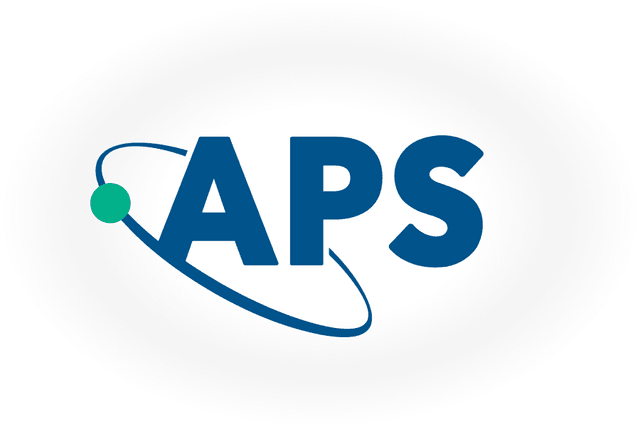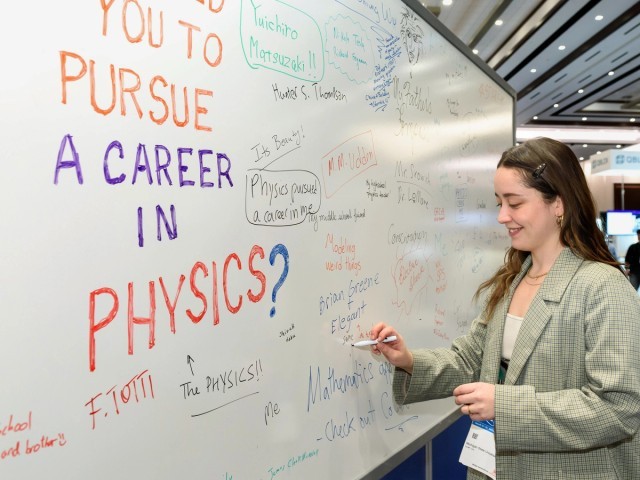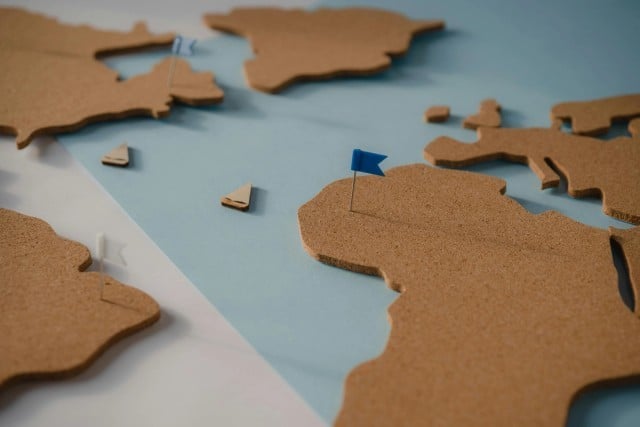APS's Commitment to International Scientific Collaboration

APS joins with physics societies around the world in agreement with policies and principles for international scientific research collaboration.
Read the full text below:
Principles and Policies for International Scientific Collaboration
Science, by its very nature, transcends national boundaries. International scientific collaboration has led to great advances in our understanding of our world, our universe, and our shared global challenges. International scientific partnerships enable breakthrough discoveries that help humanity tackle these global challenges. Likewise, international scientific cooperation fosters mutual understanding across political and ideological divisions.
Research provides the best impact when its results are communicated broadly, for the benefit of all. At the same time, participating scientists must balance open scientific cooperation with national security interests. Researchers must also respect intellectual property agreements, local laws and regulations, and be respectful of the rich cultural diversity of the people who conduct research. Consequently, the undersigned national physics societies and international physics organizations call upon their members and upon scientists across the globe to abide by the following principles that are crucial to successful international scientific cooperation:
- Integrity: Scientists should adhere to the professional values, principles, and best practices that underpin our research communities and provide the basis for a fair, open, and trusted research environment. Failure to adhere to these principles imperils the research enterprise and its many benefits.
- Transparency: An open science environment requires transparency among all partners. Scientists should disclose all funding sources, individuals, and organizations involved in their collaborations, as well as any requirements for the flow of information and documents within their collaborations, among the participants, and to their governments.
- Reciprocity: Scientists and institutions should exchange materials, knowledge, data, along with access to facilities, research sites, and training, in a manner that benefits all collaborating partners.
Likewise, to realize fully the national benefits of international scientific partnerships, the undersigned call upon their governments and those who promote policies and practices that advance international scientific collaboration, to:
- Enact travel and visa policies that enable scientific interactions between peers and partners
- Assess policies to ensure that they do not result in unnecessary or unintended barriers to multinational research collaborations
- Foster opportunities for international research collaboration and exchanges for early career scientists
Lastly, the signatories urge all stakeholders — national governments, research institutions, and professional societies — to disseminate clear and well-communicated standards that define the responsible conduct of scientific research. Moreover, the signatories encourage all scientists worldwide to not only uphold the principles expressed above, but also to highlight their significance as cornerstones of professional conduct and ethical behavior.
Signatories
American Institute of Physics
American Physical Society
Asociación Física de Argentina
Australian Institute of Physics
Canadian Association of Physicists
Chinese Physical Society
Council of Uzbekistan Physicists
European Physical Society
German Physical Society
Indian Physics Association
Institute of Physics for the UK and Ireland
International Union of Pure and Applied Physics
Japan Society of Applied Physics
Nepal Physical Society
Netherlands’ Physical Society
Optica (formerly OSA)
Physical Society of Hong Kong
The Physical Society of Japan
Physical Society located in Taipei
Sociedade Brasileira de Física
Sociedad Chilena de Física
Sociedad Mexicana de Física
Società Italiana di Fisica
Société Française de Physique
South African Institute of Physics



